As a child, I wanted to be an "animal doctor", and this manifested in giving dead insects autopsies and burial services with hymns. I've grown a fair few inches, but little has changed since.
You can imagine my delight, then, when I discovered Eastern Biological: an independent natural history store based in East London. Their vision is an amalganation of an interest in biology, the arts and design, and the result is a modern interpretation of a wunderkammer.
In the lead up to Christmas, they're collaborating with sustainable homeware makers Kith & Kin to host Jungle Bells - a tropical pop-up shop offering a carefully curated selection of interesting goods inspired by the natural world. Treats range from fosillised turtle dung to ceramic cactai and dinosaur print cushions.
Owner Alfred Adis tells me that he sees the store as a "toy shop for adults", and I have to agree. Peeking through their stocklist gives me the same fuzzy feeling pressing my nose against a magnifying glass once did.
Here are a few personal recommendations for those on the look-out for grown-up curiosities...
1. The Sick Rose is the Anti-Coffee Table Book
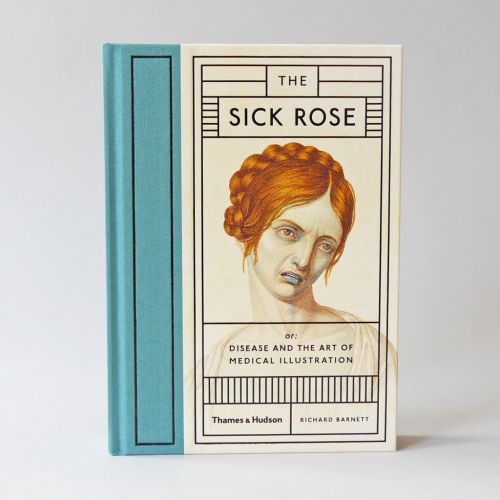
Featuring detailed illustrations of afflicted patients from some of the worlds rarest medical books, The Sick Rose is both strangely beautiful and repulsive, offering fascinating insight into the history of mankinds struggle with disease. Highlights include the sections on parasites and the "fashionable agony" of gout.
2. An Octopus Creature Mug for a menacing cuppa
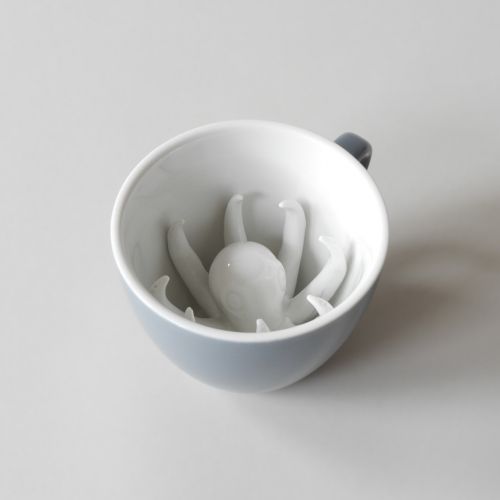
Octopus are among the most intelligent of invertebrate. They are also known for their dexterity and curiosity, frequently startling deep sea divers as they unpredictably emerge and retreat at will. Made from porcelain, a creature hidden at the bottom of the cup silently emerges as you drink.
3. Darwinian Print for the Curious Collector
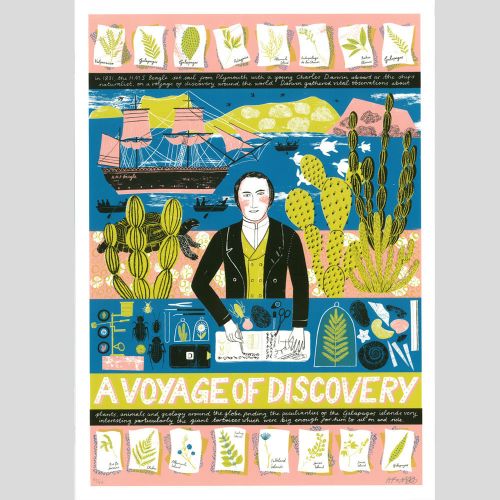
This exclusive print by East London illustrator Alice Pattullo documents Darwin's five year voyage on the HMS Beagle. Arriving in Galápagos in September 1835, it is here that he first observed that the flora appeared unique, and collected plants alongside fossil bones and bird skins.
4. Faux Taxidermyfor the Ethically-Minded
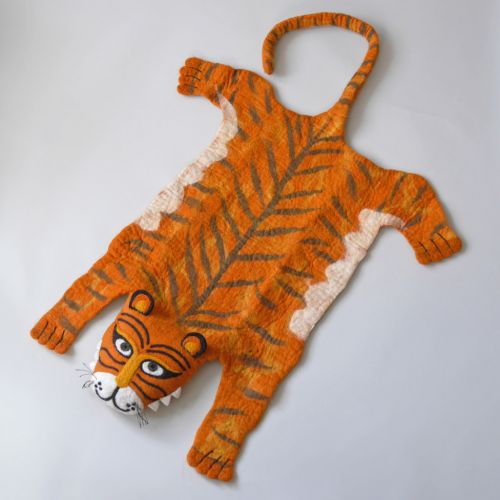
Taxidermy and curiosity cabinets have long enjoyed a strong partnership, but Raj the Tiger Rug is an ethical alternative. Each Raj is created by shaping organic Tibetan wool with soap, water and hand pressure, before being left to bask majestically under the Nepalese sun.
5. Fossilised Turtle Poo, for the person who really does have everything.
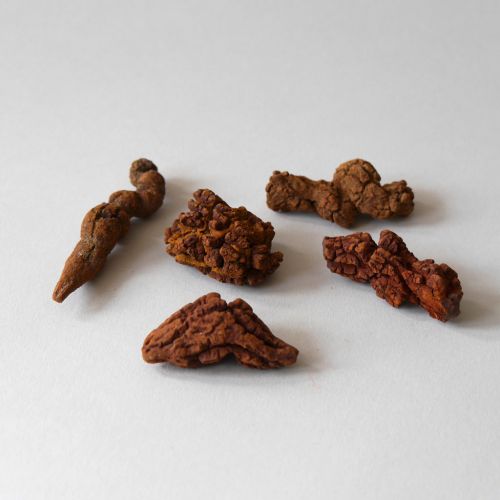
Coprolites are classified as trace fossils as opposed to body fossils, giving evidence for the animal's behaviour (in this case, their diet) rather than morphology. They serve a valuable purpose in palaeontology, providing direct evidence of the predation and diet of extinct organisms. In short, they're highly informative pieces of poo that look wonderfully bizzare on a shelf.
Manufacturer's note: Each poo may differ in size, shape or colour. It also does not smell.
Products available online, and in the Jungle Bells pop-up store...
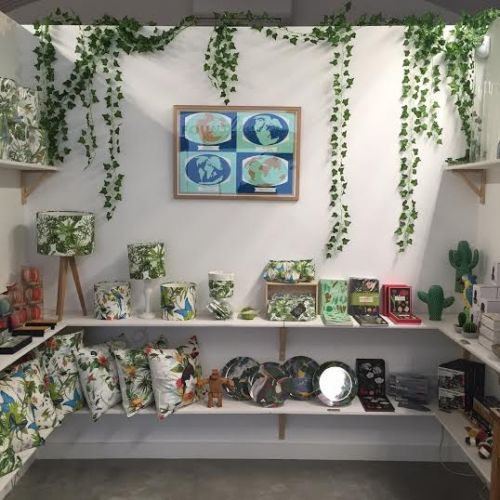
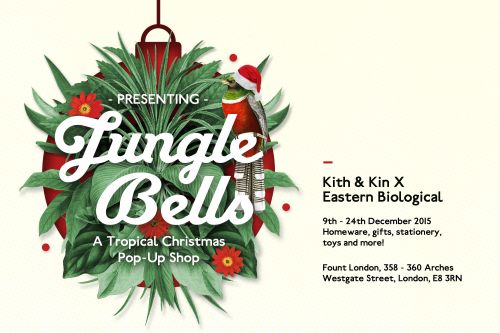
* This post is sponsored by Eastern Biological. All images by Eastern Biological.

